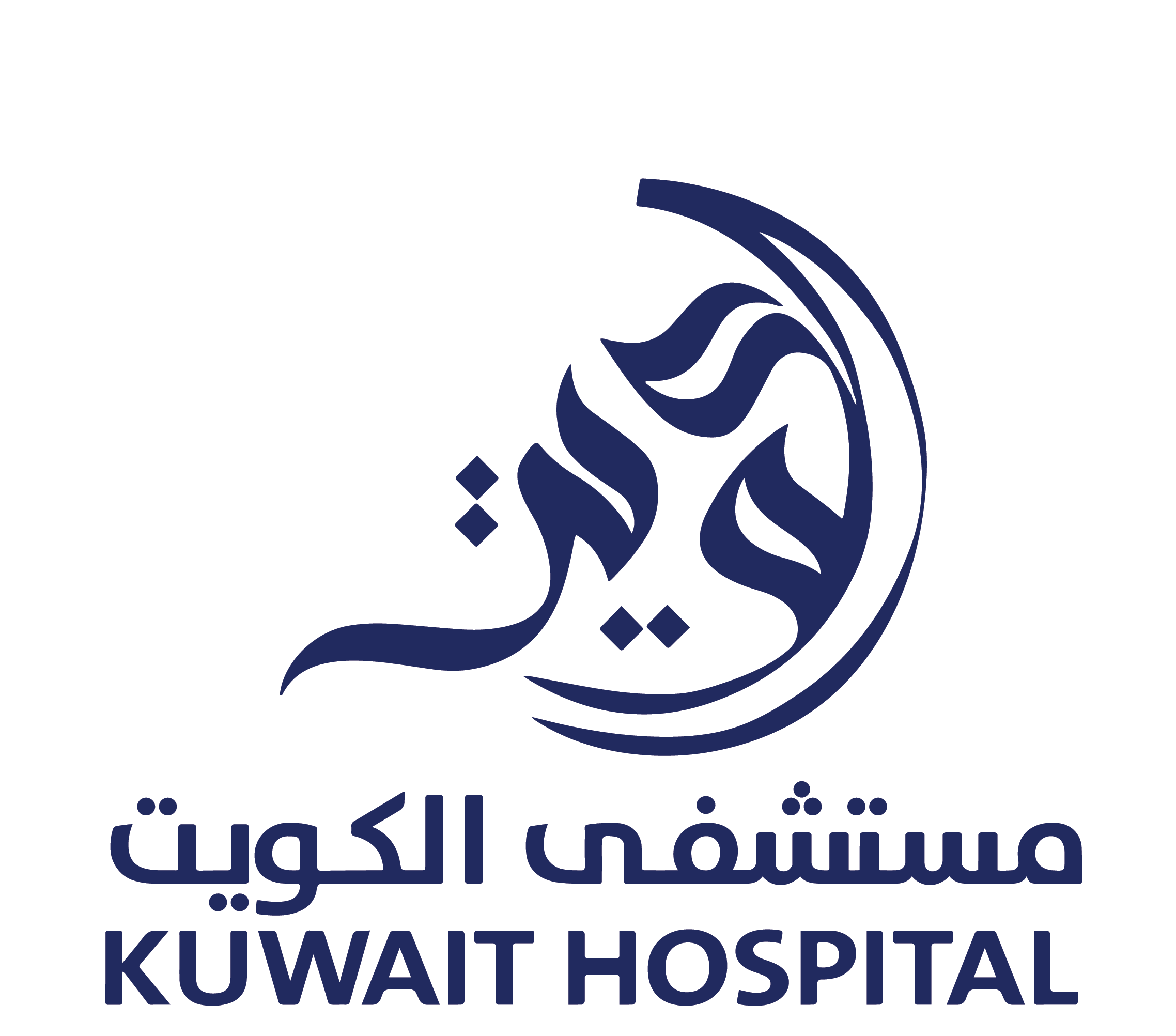Our aim is to serve patients through advanced, diagnostic, noninvasive, medical technology to provide reliable results for effective treatment.
We house the best vascular ultrasound technology which can conduct assessments throughout the body including venous, carotid, arterial and abdominal ultrasound.
Our board certified medical and vascular experts hold over 20 combined years.
Our holistic healthcare approach is with you every step of the way from clinical assessment to diagnosis, treatment plan, post-operative follow-up, and compassionate support for you and your family to keep you informed at every stage.



